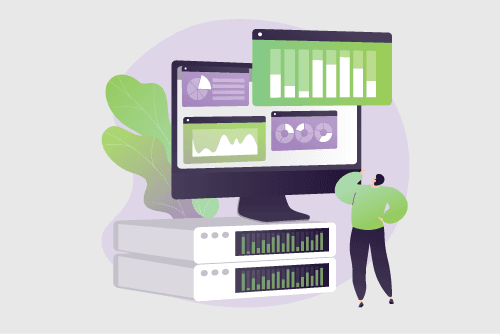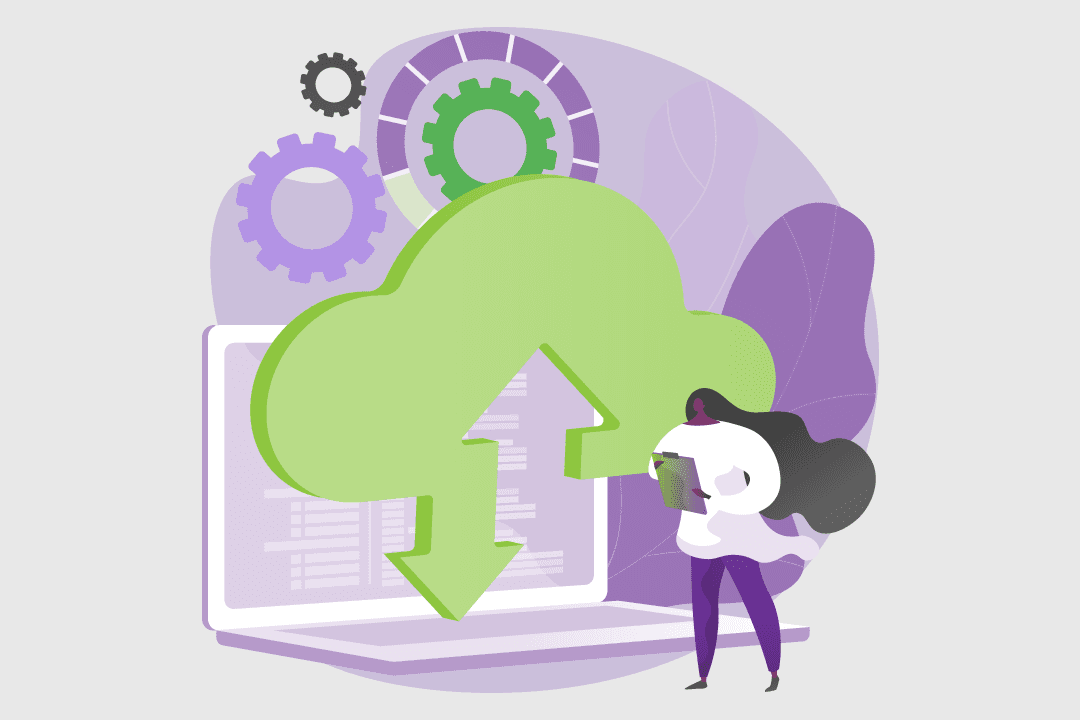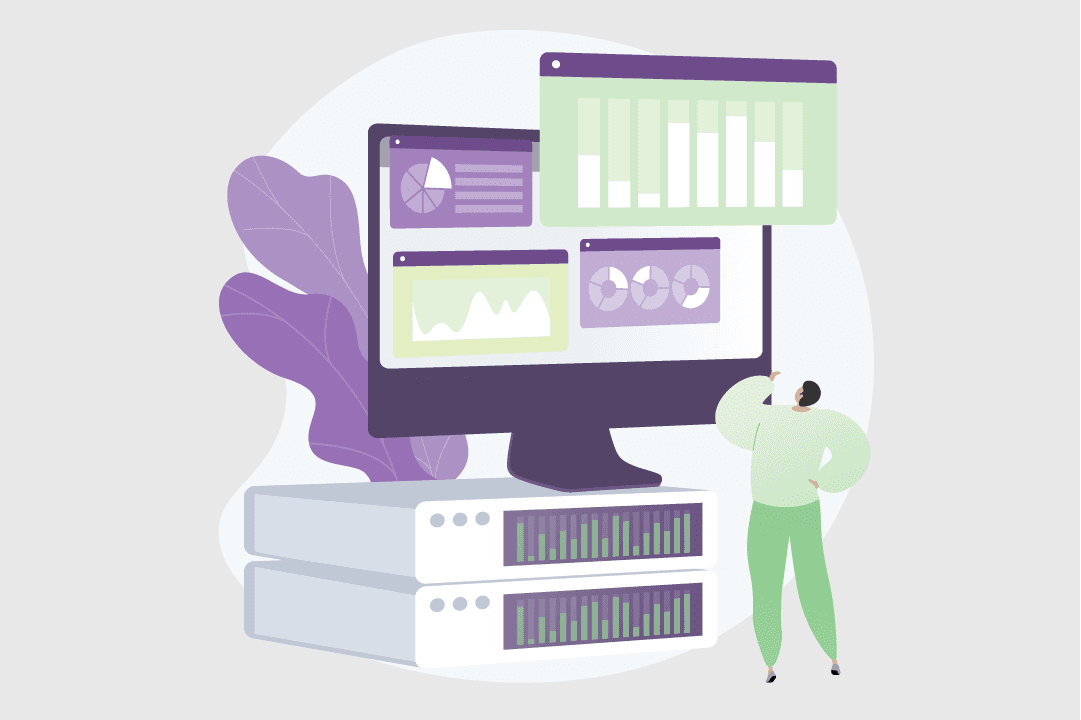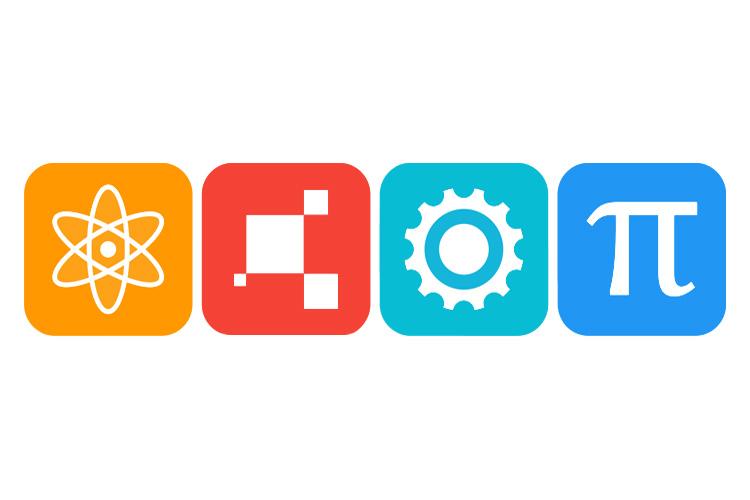Devops engineer job description
Let’s get real. Job information online can often be overly optimistic — conveniently glossing over the raw bits. But when you’re making decisions about your future, you need all the facts.
That’s why we anonymously surveyed devops engineers about their job, with hopes of getting an honest insight into what it’s really like.
While we did our best to ensure respondents were Australians and verified their job titles with proof of employment, we can’t guarantee complete accuracy — or that your experiences in the field will reflect theirs. So, we suggest that you take these insights as a guide only and try to talk to people in the field before making an important decision.
Tasks and responsibilities for a devops engineer
DevOps engineers are responsible for:
- Streamlining integration and deployment processes and automate them.
- Collaborating with cross-functional teams to ensure smooth delivery.
- Designing and implementing build, deployment, and configuration management.
- Handling code deployments across all environments.
- Monitoring metrics and developing ways to improve systems.
How to become a devops engineer
-
Study
Start by earning a qualification in a related field, like computer science or IT. Or, to get your foot in the door, choose a Certificate IV in Information Technology (ICT40120) or a Diploma of Information Technology (ICT50220).
-
Experience
Try to gain experience in relevant areas such as systems administration, software development, or network operations.
-
Learn
Familiarise yourself with popular DevOps tools like Git, Jenkins, Docker, etc., and understand DevOps practices and methodologies.
-
Certification
While not mandatory, getting a certification like the AWS Certified DevOps Engineer can enhance your credibility.
Pathway options
Junior
-
Database administrator
Mid
-
Business analyst
-
Data analyst
-
Systems analyst
-
Data engineer
Senior
-
Devops engineer
-
Data manager
Explore related qualifications
Certificate IV Information Technology
Get hands-on with tech and take your digital skills to the next level. This nationally recognised qualification builds your expertise in key areas like networking, systems administration, cybersecurity, and cloud technologies. Whether you’re starting out or looking to move into a more technical role, this course sets you up for success in a fast-moving industry.
3 providers offer this course



Diploma of Information Technology
The Diploma of Information Technology offers advanced training in critical areas like programming, cybersecurity, cloud computing, and IT project management. Designed for those ready to take on more complex tech roles, this qualification blends technical know-how with problem-solving and innovation. It’s the perfect next step for building a future-proof career in Australia’s growing tech sector.
5 providers offer this course


































